Community Health and Human Services
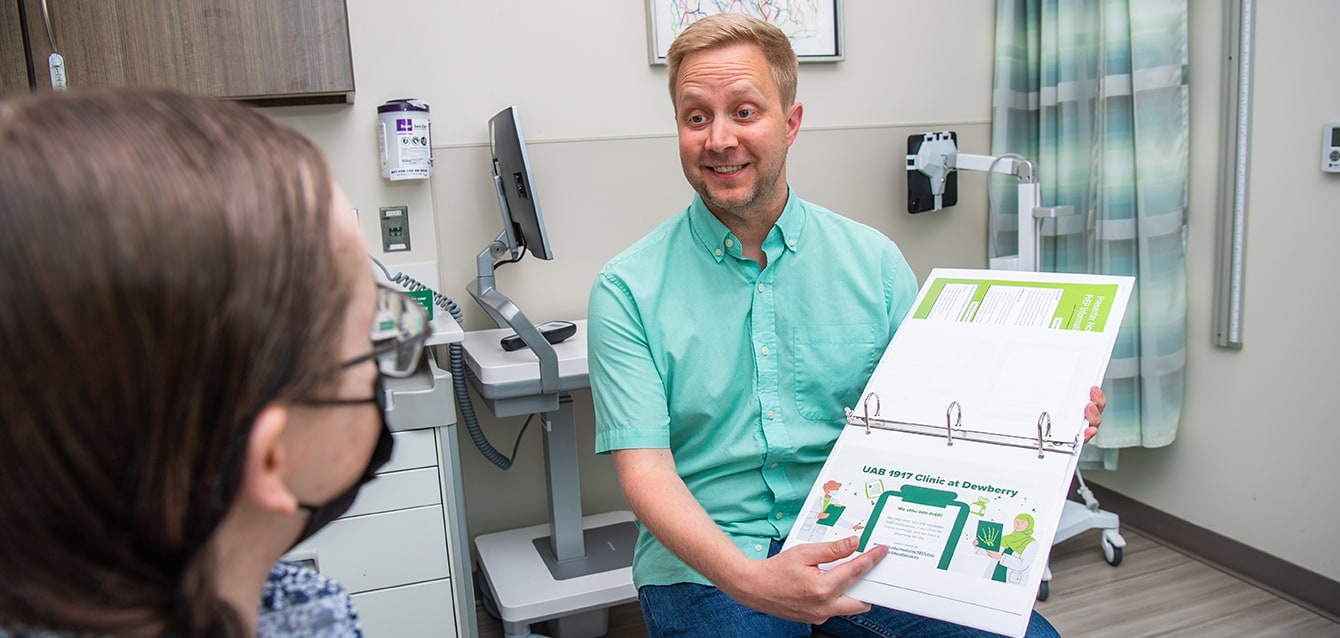
Promote Health and Well-being Where it Matters Most
The Community Health and Human Services (CHHS) graduate programs are built with the full-time employed student in mind. Courses for the traditional master’s degrees and graduate certificates are entirely online, with courses in the PhD program following a blended model. There is a growing demand for pioneering health interventions guided by behavioral theory and evidence-based practice. Our CHHS programs are designed to prepare students to meet this demand and to become an effective leader in health education and promotion efforts to address community health challenges.
Request More Information
Available Degrees and Certificates
The School of Education and Human Sciences offers the following graduate-level offerings within the Community Health and Human Services Program.
The three fully online community health graduate certificates are all part of UAB’s Interdisciplinary Graduate Studies (IGS) program. Students successfully completing two graduate certificates affiliated with the IGS program will earn a Master of Arts or Master of Science degree.
The available graduate certificates offered in community health areas are:
Health Education (15 hours)
The online Graduate Certificate in Health Education enhances the knowledge and skills of professionals who oversee health-related policies and programs. Coursework is aligned with the nine areas of responsibility outlined by the National Commission for Health Education Credentialing (NCHEC) for health education specialists, who must be able to assess community needs and capacities to address health challenges; plan, implement, and evaluate programmatic health interventions; provide management and leadership of health promotion efforts; and be a community resource, using research to inform evidence-based practices; and advocate for the health and well-being of individuals and communities.
Health Coaching (15 hours)
The online Graduate Certificate in Health Coaching prepares students to help individuals make sustainable lifestyle changes to improve their health and well-being. Students will receive the skills needed to design, conduct, and evaluate wellness-oriented coaching interventions. Students will also learn the fundamentals of chronic disease prevention and management to facilitate improvements in clinical health measures among coaching clients.
Thesis & Non-Thesis Tracks Available (39 hours)
Our online MAEd in Community Health has multiple options to fit the interests and career aspirations of those seeking to advance their careers in public and private health agencies, clinics, and schools. The program offers a thesis and non-thesis option to tailor your graduate school experience to your interests and passions in community health.
- Students in the thesis track are required to complete a research project under the guidance of one of the community health faculty members.
- The non-thesis option requires a student to successfully pass a comprehensive examination (see below) and complete a capstone experience.
Nonprofit Management Graduate Certificate Add-On (45 hours total)
Students enrolled in the MAEd in Community Health may opt to add a Graduate Certificate in Nonprofit Management. This is ideal for students who are interested in learning the skills needed to succeed in a public, not-for-profit organization. Students in the track can learn valuable non-profit management skills such as grant writing, fundraising, and marketing while broadening their skill sets and improving their abilities to run health organizations effectively. The certificate is offered jointly by the Department of Human Studies in the School of Education and Human Sciences and the Department of Political Science and Public Administration in the College of Arts and Sciences.
Coursework for the certificate is not offered online and must be pursued on-campus.
Comprehensive Exam for Non-thesis Option
Comprehensive exams (COMPS) are the culminating event for our students in the masters program. The process requires the application of the core components of health education, health promotion, and community health. Successfully completing the comprehensive exam will require demonstrating an ability to communicate student mastery of the Responsibilities and Competencies for Health Education Specialists, including needs assessment, planning, implementing, application of health behavior theory, and evaluation of a health education/promotion intervention in a target community.
- The MAEd in Community Health Comprehensive Exam is a case study for intervention planning/implementation/evaluation and is generally initiated during 8th – 11th week of a given semester. The COMP is take-home exam and students generally have about two weeks to complete the case study and submit a MS Word document and visual oral presentation to the CHHS program director. Students may only register for COMPS after completing CHHS 610, CHHS 631, CHHS 642, CHHS 689, CHHS 697, EPR 594, & EPR 607/8 with a letter grade of C or higher. Studying the learning materials, assignments and textbooks from these courses will benefit student preparation for COMPS. Students are also encouraged to re-visit final assignments/semester long projects in each course that simulate health intervention creation.
- Typically, students will take COMPS during one of their last two semesters prior to graduation. Please note: Students will not graduate until successful completion of the COMPS. Additionally, if a student does not successfully complete a COMPS in two attempts, students will not be eligible for graduation with a MAEd in Community Health. In this vein, students are strongly encouraged to take advantage of the integrated preparation for the COMPS through their coursework with particular attention to course final products (i.e., theory application assignments, program plans, intervention plans, advocacy plans, social marketing plans, evaluation plans, and grant proposals). Of special note, students completing a thesis option in the MAEd program will NOT take a traditional COMP. Instead, a student completing a thesis option will complete a thesis-based comprehensive exam as part of the thesis process.
- For questions or to register for COMPS, please contact the program director.
The PhD in Community Health Promotion offers a broad-based curriculum emphasizing biological, behavioral, and socio-cultural determinants of health, as well as interventions and policies aimed at improving community health. The curriculum provides students with the coursework, background, and practical experiences to become leading researchers and practitioners in the broad and rapidly growing field of health education and health promotion.
Students learn the skills needed to work with individuals and communities to assess health needs and then effectively plan, implement, and evaluate culturally appropriate and theoretically based interventions to improve and promote health and lessen unhealthy behaviors by addressing knowledge, attitudes, skills, and beliefs in various settings. This program is a blended format (online coursework with on-campus requirements).
By the conclusion of the program, students are able to conceptualize the theoretical and philosophical basis of health promotion clearly and conduct their own independent research projects. The curriculum prepares students for careers in academia, clinical research, and leadership roles in the community and public health promotion in private industry, as well as non-profit and governmental health organizations.
Curriculum
This program requires students to complete a minimum of 72 semester hours. The curriculum is comprised of five areas:
Health Promotion Core
There is an increased awareness of the impact of social determinants (ethnicity, income, housing, education) on health outcomes. As a result, the Centers for Disease Control & Prevention (CDC), National Institutes of Health (NIH) and other health agencies have placed emphasis on social determinants of health (SDH) and health disparities through funding initiatives to promote improved research, policy and practice. By focusing on SDH, health education specialists can improve health outcomes and advance health equity. This program requires a Health Promotion core, infused with training in using the SDH as a framework for planning, implementing and evaluating successful health interventions.
Research and Statistics Core
Today, health promotion researchers must have training in mixed research methodologies to understand the complex issues that confront community health. Interest in mixed-methods research is growing among funders, as evidenced by recent calls for proposals using these methods from the NIH, the Agency for Healthcare Research and Quality, as well as the Robert Wood Johnson Foundation. This program requires mixed methods, qualitative and quantitative research methodologies.
Health Sciences Concentration
These courses allow students the flexibility to receive education and training in their particular area of interest from across UAB. This program provides a professional health promotion curriculum that brings together students from a variety of social/behavioral backgrounds to provide the appropriate training and mentorship to develop health-related research.
Supervised Research Core
This core allows students to gain valuable research experience under the supervision of faculty while earning credit hours toward their PhD. Students will work with faculty on research projects and grants, and/or the development of scholarly publications or professional conference presentations. In addition, students will work with their mentor to develop a dissertation proposal. A minimum of 12 credit hours are required, or until the successful completion of a dissertation proposal defense.
Dissertation
These hours are designed to provide students with significant research experience on their topic of interest and requires the completion of 18 credit hours, or until the completion of the dissertation.
Program Co-requisites
Students must enter the program with a master's degree in health education, or a closely related field. Students with a limited background in health education/health promotion may be required to take program co-requisites during years one and two, including CHHS 610 Foundations of Health Education (or equivalent), CHHS 631 Planning (or equivalent), and CHHS 697 Community-Based Approaches to Evaluation and Grantsmanship (or equivalent). These additional requirements will be determined from a review of transcripts by the Graduate Program Coordinator after admission to the program.
Talk with a Recruiter
Learn about specific program details, admissions requirements, scholarships, and more!
Curriculum
Faculty developed the curriculum for the Community Health and Human Services graduate program to meet the standards and competencies established by the National Commission for Health Education Credentialing Inc. (NCHEC) and the academic qualifications for students to be eligible to sit and pass the Certified Health Education Specialists (CHES®) exam.
Why Choose UAB?
Online and Blended Formats Offered
The MAEd and Graduate Certificate programs are offered fully online and the PhD program is offered in a blended format (online with on-campus requirements), making them suitable for full-time professionals.
Can Lead to MCHES® National Credential
The Master Certified Health Education Specialist (CHES) designation signifies that an individual has met the required academic preparation qualifications, passed a competency-based examination, and satisfies the continuing education requirement to maintain the national credential. Completing the MAEd in Community Health prepares students to become eligible for the MCHES certification.
Accomplished, Student-centered Faculty
UAB CHHS Program faculty demonstrate a strong commitment to student-focused learning. They are accomplished researchers, publishing papers and textbooks that contribute to the body of knowledge within community health and health education discipline. UAB is proud of its highly experienced health education and promotion professionals who have worked locally, nationally, and globally to improve health and well-being.
People
Staff
-
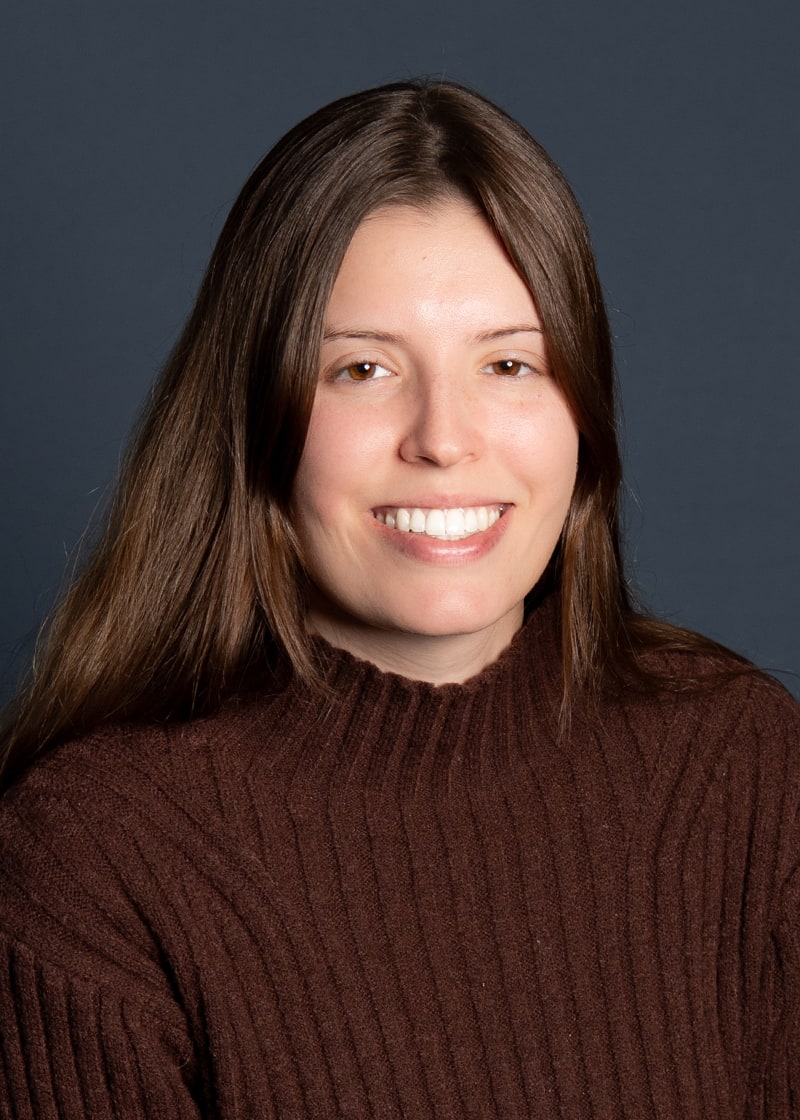 Graduate Recruiter Mary Frances Lembke
Graduate Recruiter Mary Frances Lembke
Faculty
-
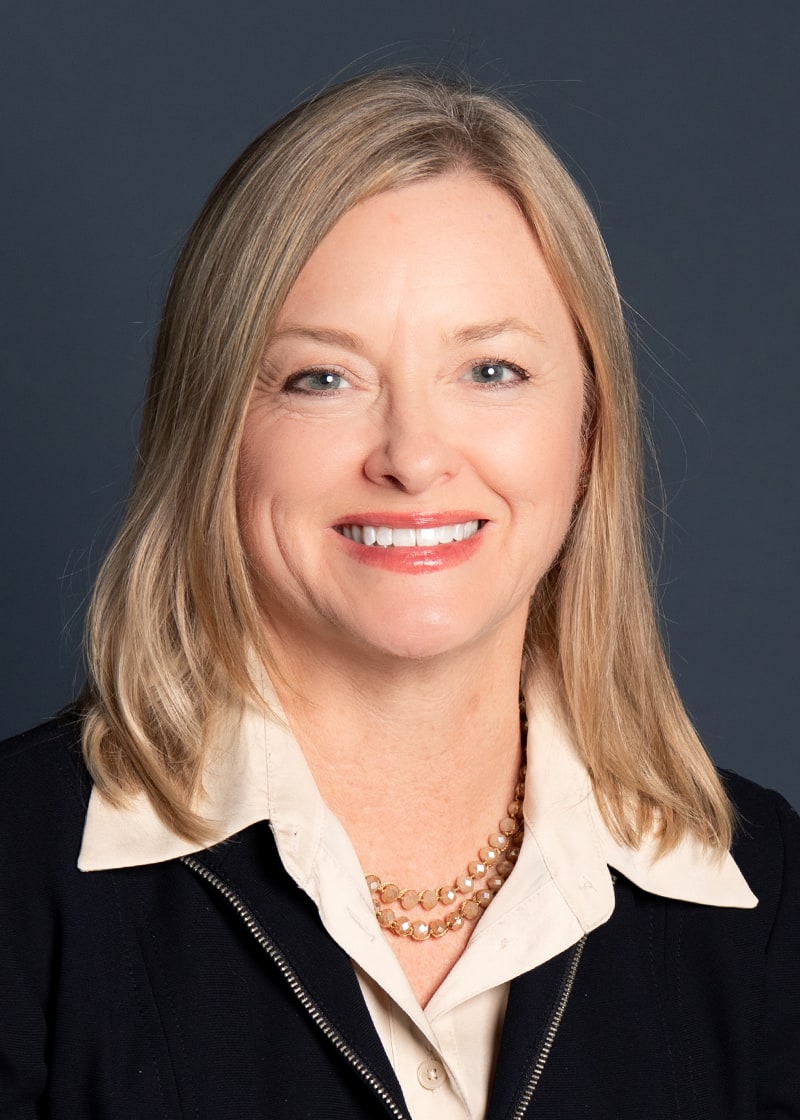 Instructor Amy Carr PhD, CHES
Instructor Amy Carr PhD, CHES -
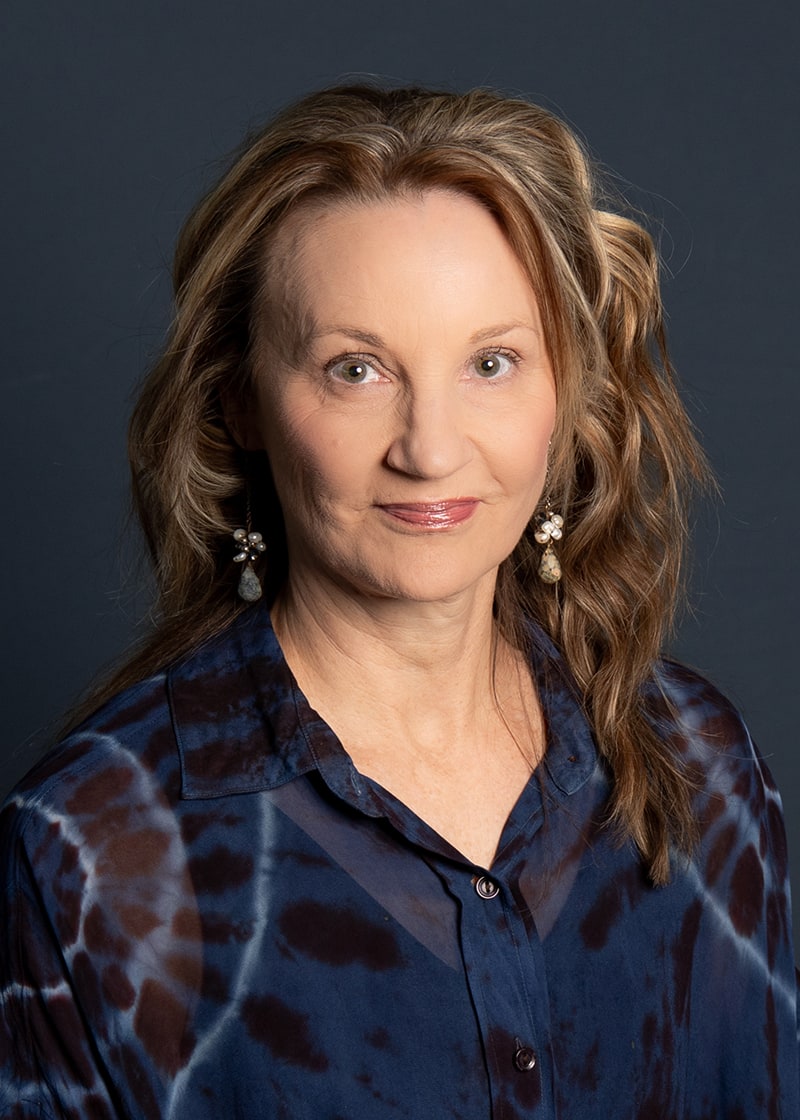 Program CoordinatorProfessor & Chair, Human Studies Retta Evans PhD, MCHES
Program CoordinatorProfessor & Chair, Human Studies Retta Evans PhD, MCHES -
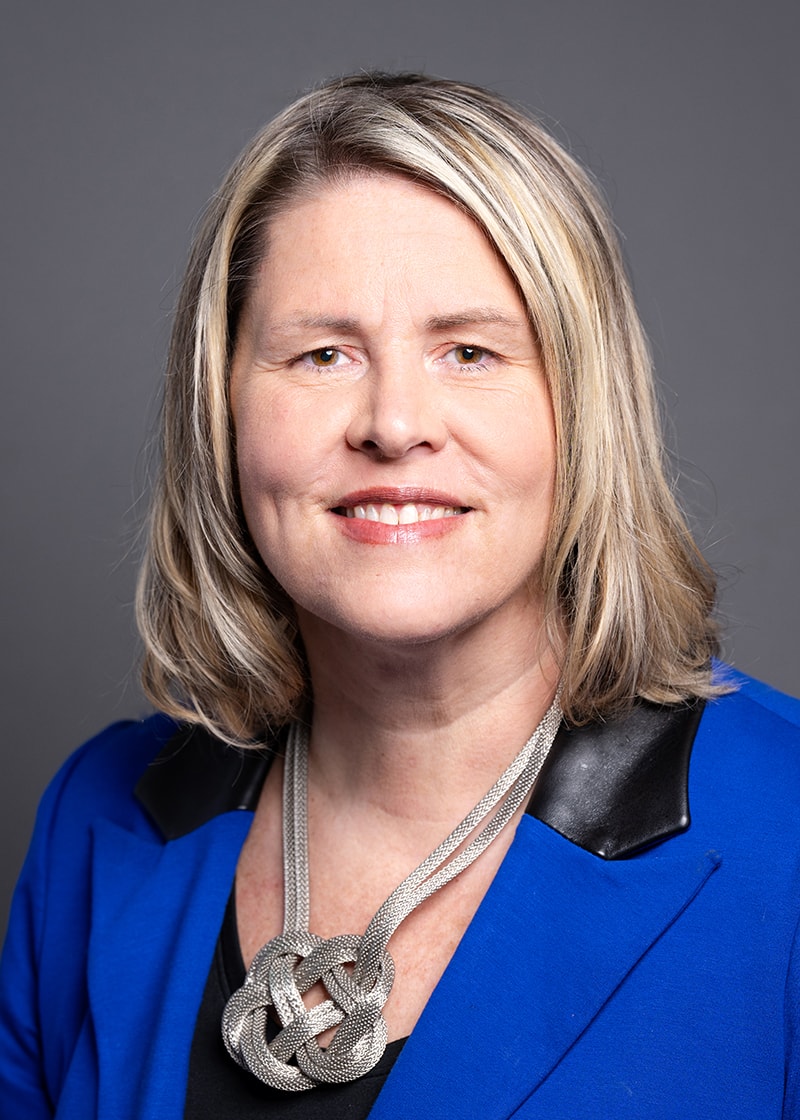 Professor Laura Forbes PhD, MCHES
Professor Laura Forbes PhD, MCHES -
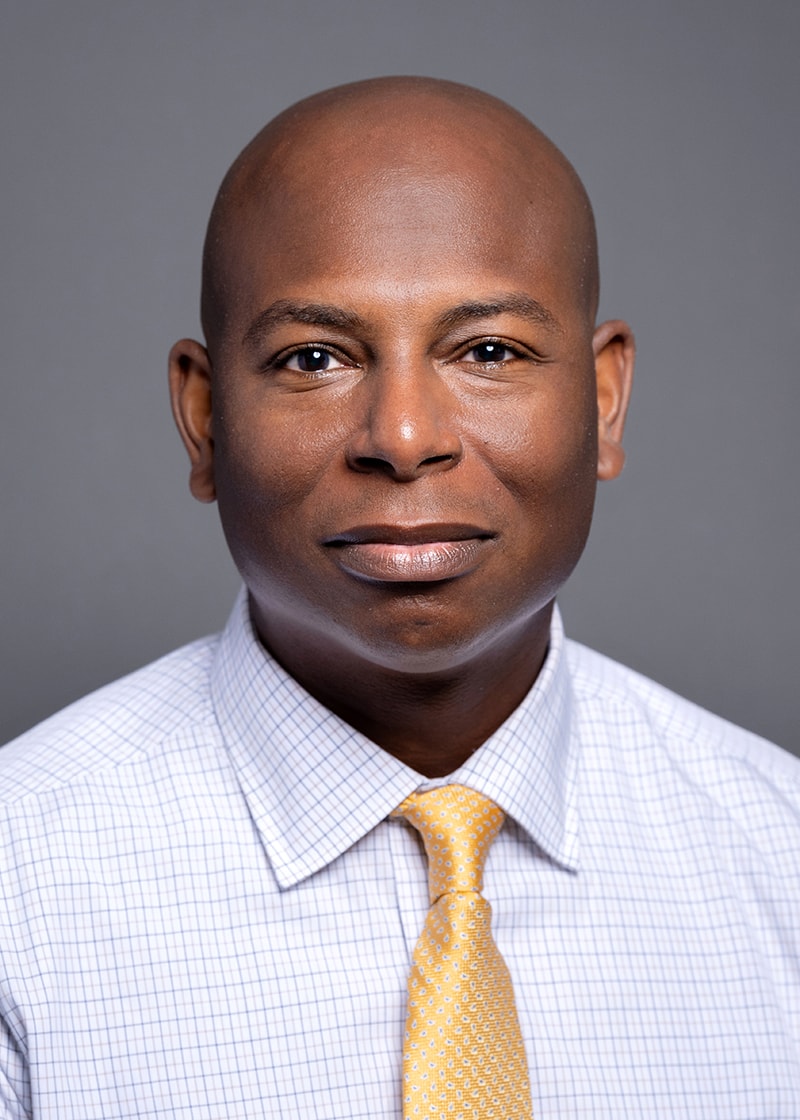 Program DirectorProfessor Larrell Wilkinson PhD, CHES
Program DirectorProfessor Larrell Wilkinson PhD, CHES